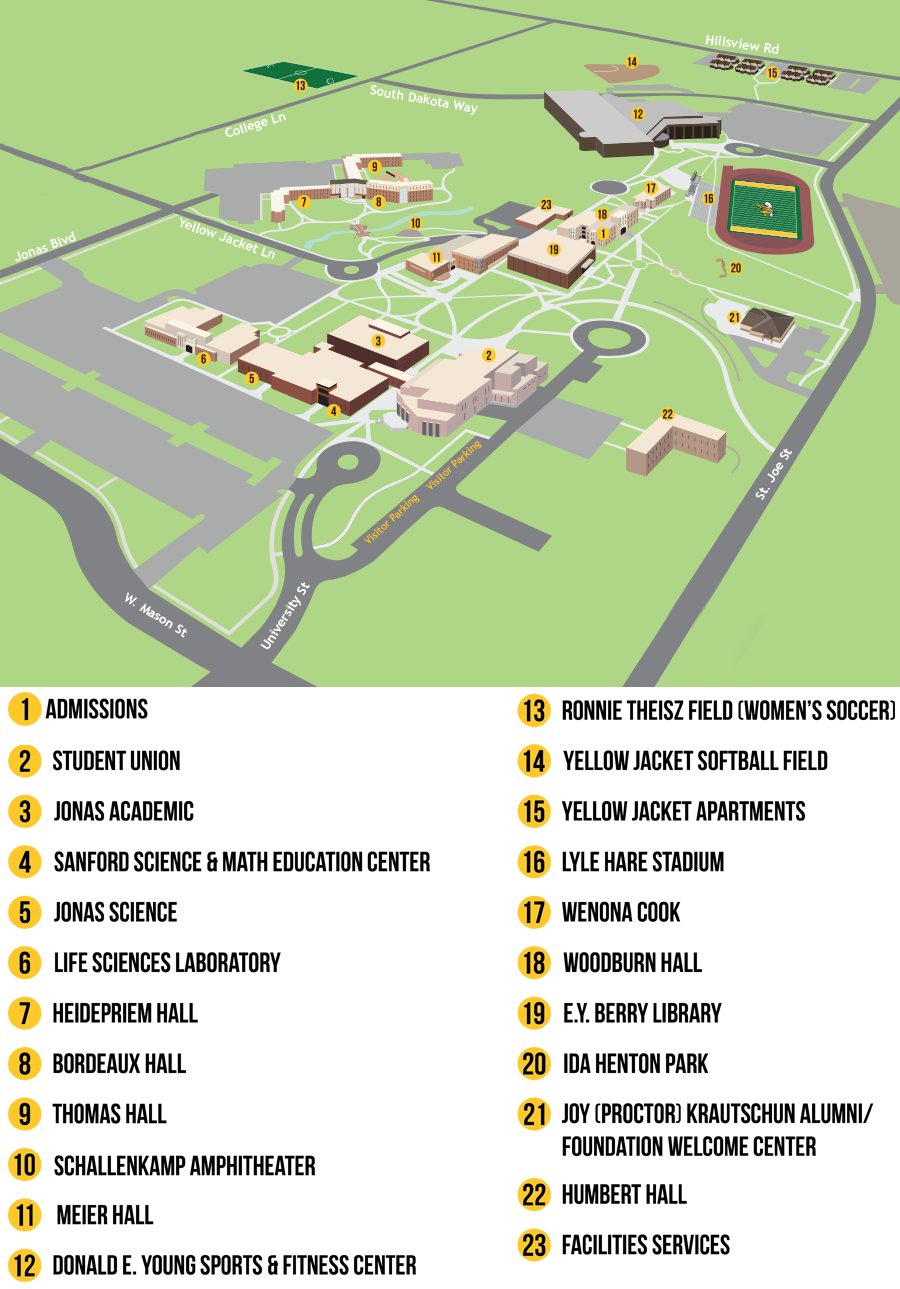CAREERS IN THE FIELD OF BIOLOGY
Biological sciences, the study of living organisms and their relationship to the environment, provides a foundation for a variety of careers. Some scientists conduct basic research to increase the knowledge of living organisms, while those in applied research use this knowledge to develop new medicines, increase crop yields and improve the environment. Work is generally performed in a laboratory or outdoor field setting. Other biological science graduates work in management or administration, planning programs for food and drug testing or managing a botanical garden. Some work as consultants to business firms, sell chemicals or laboratory instruments, or write for technical publications.
While most graduates work in a related occupation and eventually obtain an advanced degree, others choose another direction. Many careers do not require a specific major but rather a wide range of demonstrated skills and accomplishments. Regardless of your career choices, it is helpful to increase your marketability to employers through internships, responsible work experience, good grades and involvement in college activities. A bachelor's degree is sufficient for advanced technician jobs in the medical field, lab/research assistant positions, or testing and inspection jobs. An advanced degree is required for most other positions in the scientific field.
What Careers are Available to Biology Majors?
A Biology Major may work in several field of research, teaching, or biotechnology, genetics, microbiology, mycology, entomology, zoology, biomedical, marine/aquatic biology or systematic biology. There are other careers also available in sales, extension services, technical writing, or as a lab worker or museum curator.
Who Employs Biology Majors?
As a biology major you could work for a number of different profit and nonprofit organizations and business or the government. Here is a list of just a few of them:
- Secondary schools, Universities and Colleges
- Clinics and Hospitals
- Pharmaceutical, Biotech, and Chemical Companies
- Public Health Agencies
- Federal/State/Local Government Laboratories and Agencies
- Medical Research Laboratories
- Private Research Foundations
- Agricultural Industries
- Zoos, Museums, and Libraries
- Food Manufacturers
- Soap/Cosmetics Companies
- U.S. Forest Service
- Food & Drug Administration
Links:
- Careers in Botany: This is an online version of the brochure "Careers in Botany" distributed by the Botanical Society of America (BSA). This brochure is also available by email (bsa-manager@botany.org). The first copy is free and additional copies are available at cost.
- Careers in Animal Behavior: This is a career link to careers in the areas of animal behavior.
- Entomological Job Opportunities: This is a site with job postings over the Entomological Society of America's website.
Take The Next Step



